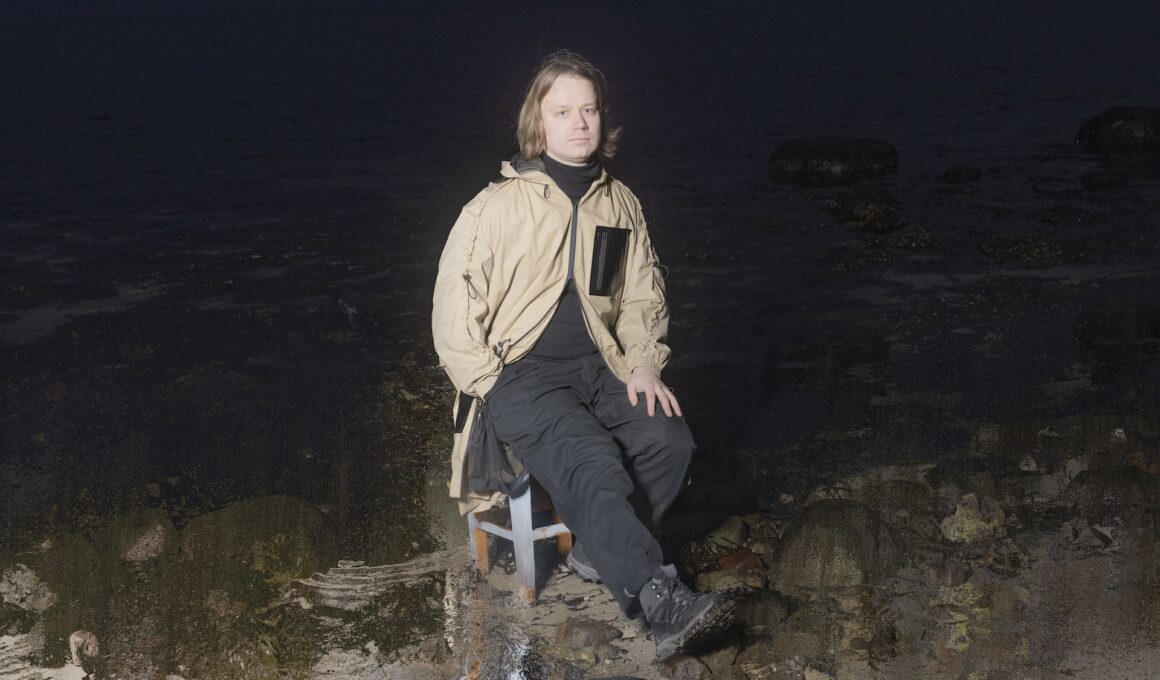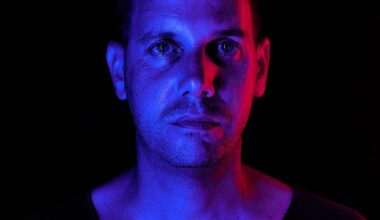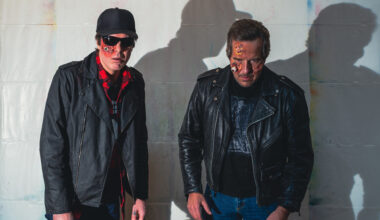On May 12th, Danish composer Christian Balvig is set to release his debut solo album Night Poem. The album is an ode to and from the night, a rebellion against constant stimuli, and a meticulous hunt for ghost notes and the almost imperceptible sound of piano keys.
Known for his work scoring the hit Scandinavian drama series Cry Wolf (Walter Presents) as well as his work with renowned orchestras like The Royal Danish Orchestra, Copenhagen Philharmonic and The Danish Chamber Orchestra, Balvig is preparing to release his first album as a solo artist. Night Poem is a magical record written for and in the dark of night.
While daytime is full of noise and jobs, the night offers a sense of spaciousness. “It made sense to me that my first record should start there, in that counterpoint to stimuli,” he explains, continuing: “I feel as though it has become more difficult to find the core of your creativity in a world filled with so much input and stimulus.”
The night became a space that Balvig would escape to, in which it was simply easier to be in touch with himself. This is the sensation that Night Poem is intended to induce in the listener too, inviting them to lean closer into the sound as if listening intently to a whisper, rather than bombarding them with sensory impressions.
FACTS
1. There is always sound
2. When we listen we are present
3. Music can exist beyond any form or object
QUESTIONS
1. What is the biggest inspiration for your music?
Its a hard question since it might change from day to day! I like solitude and nature and I’m generally more inspired in the early mornings or after bedtime where I’m not too influenced too much by the busy world. The reason I cannot stop writing music is the magic of discovery something new and being part the moment of creation. Nothing beats the moment where a new idea manifest itself or a random coincidence sparks new music or you synchronise beyond believe in an improvised jam. In these moments everything in live makes sense to me and I generally just hunt these all the time.
2. How and when did you get into making music?
My parents both do classical music. My dad is a pianist and my mom plays the viola in the orchestra. I didn’t feel I ever got into music – it kind of was there all the time. But I remember my first experience being part of a band in 9th grade – the feeling of taking ownership of the music together – that was ecstatic! I played classical percussion (like marimba) at that time, but marimba was not cool enough for a band (I thought hah), and I switched to playing percussive piano with 2 fingers on each hand like it was a marimba.
3. What are 5 of your favourite albums of all time?
A Moon Shaped Pool – Radiohead
Ys – Joanna Newsom
Swing Lo Magellan – Dirty Projectors
Hifalutin – Lowly
Currents – Tame Impala
4. What do you associate with Berlin?
A melting pot of experiments and a very welcoming atmosphere. It feels like a town where people can swing by and live for a couple of years – easily make a social network before moving on. Yeah and of course a great Döner :)
5. What’s your favourite place in your town?
I live in Copenhagen and my favourite spot is Refshaleøen. Its a semi island with only one road connecting it to the rest of the city. It has everything you need – rehearsal rooms, studios, contemporary art museum, underground venues, cafes, street foods, sauna and of course sea all around, so you can also go for a swim. Go visit, if you are in Copenhagen.
6. If there was no music in the world, what would you do instead?
Ride my racing bike.
7. What was the last record/music you bought?
Depeche Mode – Memento Mori. What a great record to release after so many years. It is soo well produced and all the synth arpeggios sounds so cool.
8. Who would you most like to collaborate with?
BBC Symphonic Orchestra
9. What was your best gig (as performer or spectator)?
First time I wrote music for the Copenhagen Philharmonic orchestra and then listening to it in a hall together with the audience with totally wild! Its felt so fulfilling to be able to listen to my own creation from the outside and not from stage with whatever sound compromise there tend to be with monitors and in-ears and all that. And to be able to really feel the music together with the audience was really uplifting!
10. How important is technology to your creative process?
Super important. I use it all the time. It helps me find and create unique sounds using pedals and plugins. For me the timbre of a composition is absolutely equally important as the actual notes or performance and having a lot of amazing and affordable tech by my hand is really helping me explore this aspect of music and find out how I achieve the soundworld I like. I also use Sibelius to notate all my music – I could not imagine to write all the parts for a philharmonic orchestra by hand.
11. Do you have siblings and how do they feel about your career/art?
I have a little brother who is also a musician. He is a super good saxophone player – but also a singer and guitar player. We have not worked a lot together – but we support each other.


